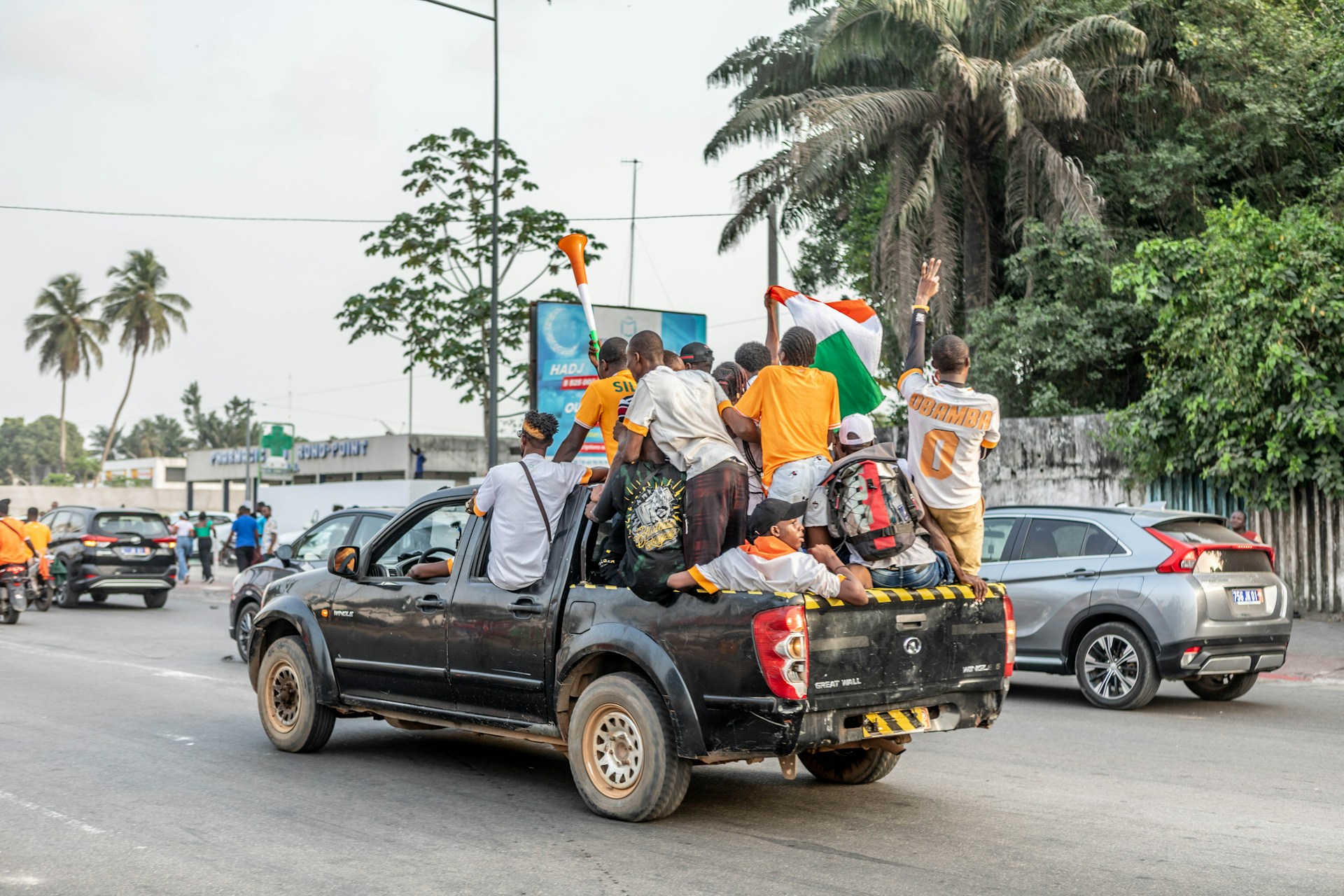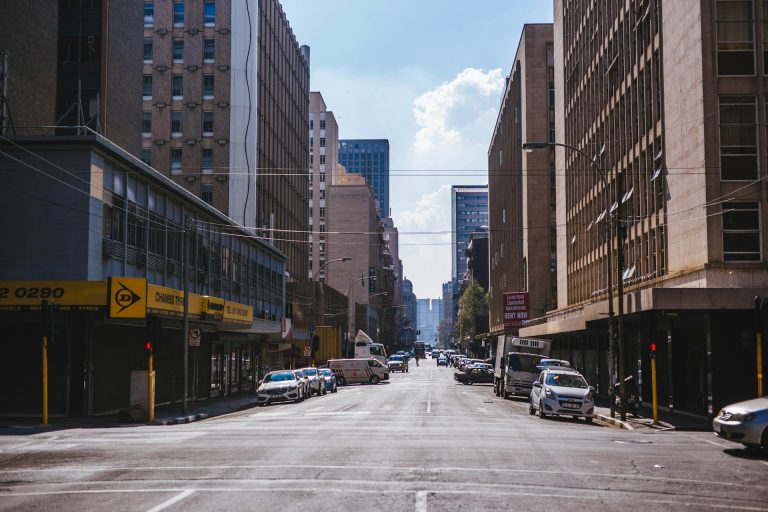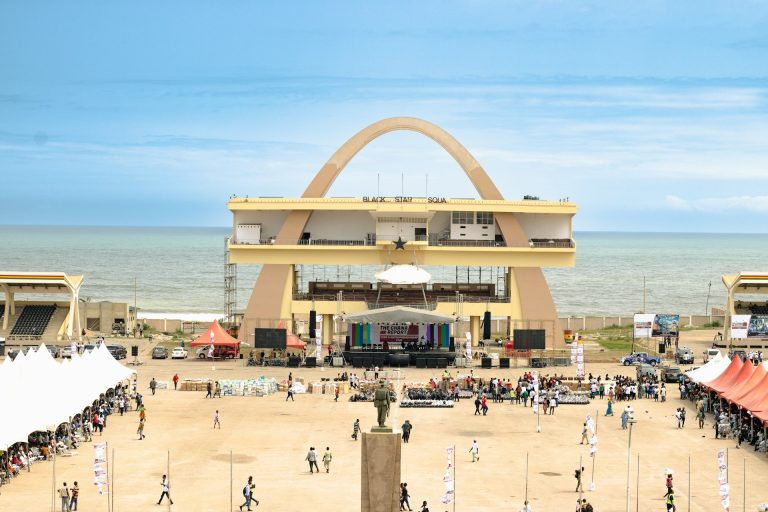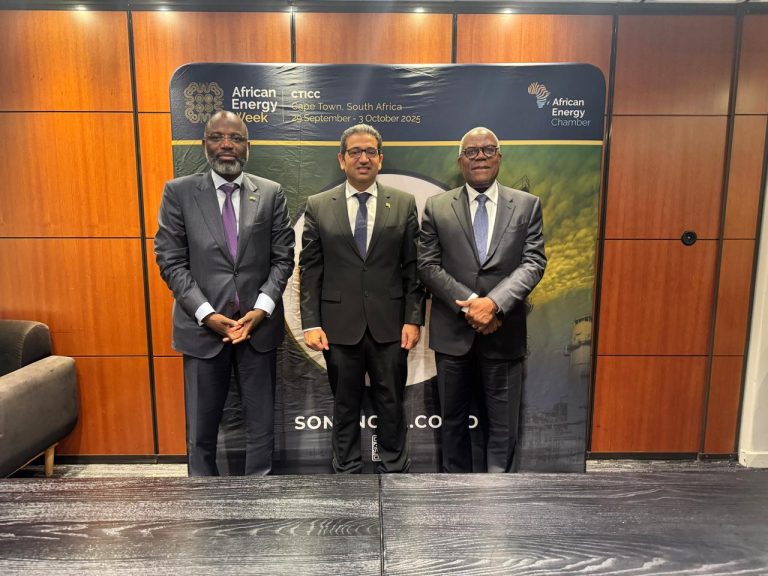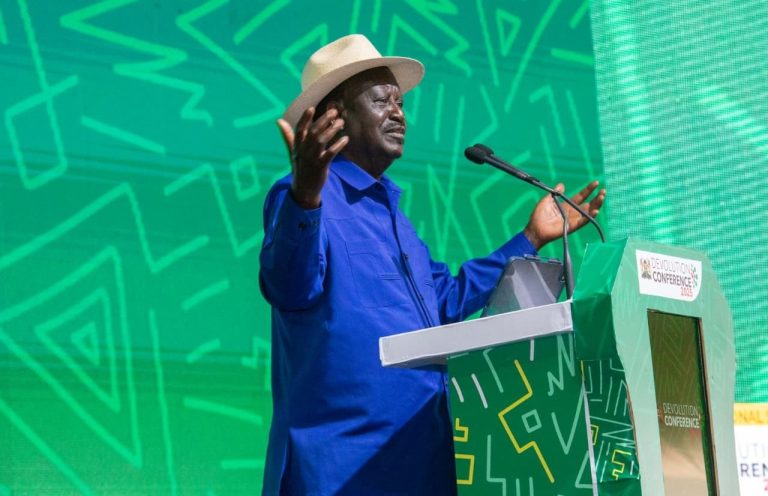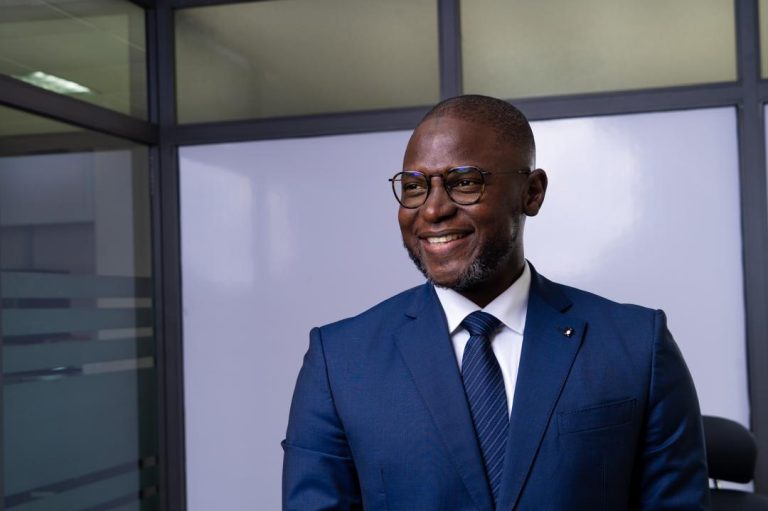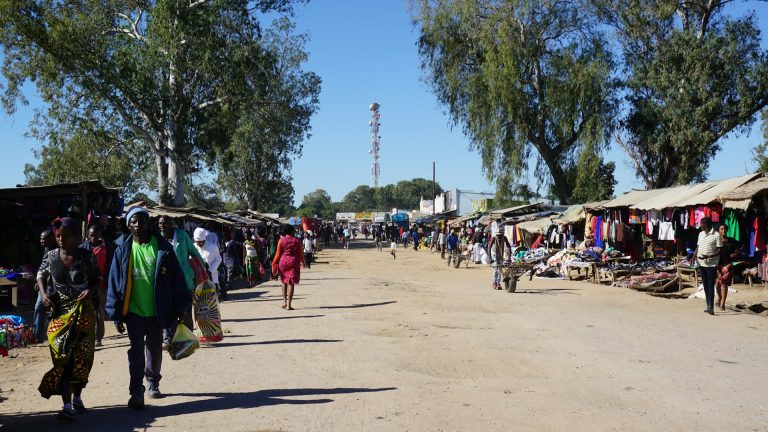- Top court bars Laurent Gbagbo and Tidjane Thiam from October vote
- Decision sparks opposition anger and fears of unrest in the world’s top cocoa producer
ABIDJAN, IVORY COAST – Ivory Coast’s Constitutional Council has barred two of the country’s most prominent opposition figures – former President Laurent Gbagbo and ex-Credit Suisse chief Tidjane Thiam – from next month’s election.
This clears the way for incumbent Alassane Ouattara to tighten his grip on power.
The court said on Sept. 8 that both men were disqualified because their names were struck from the voter rolls, a prerequisite for candidacy. Gbagbo lost his voting rights after a past criminal conviction, while Thiam was removed earlier this year over nationality questions after holding French citizenship.
Opposition fury and fragile context
The decision has triggered sharp criticism from opposition groups, who accuse the authorities of paving the way for what one called “a coronation” for Ouattara. At 83, the president is seeking a controversial fourth term, arguing that constitutional changes in 2016 reset his mandate count.
Out of 60 hopefuls who filed papers, only five candidacies were approved. Besides Ouattara, they include former First Lady Simone Gbagbo, PDCI dissident Jean-Louis Billon, ex-minister Henriette Lagou, and Ahoua Don Mello, once close to Gbagbo. Analysts say none of them has the nationwide clout or resources to mount a credible challenge.
Thiam called the exclusion “a betrayal of Ivorians’ right to choose their president through the ballot box” in a statement to AFP. Gbagbo’s supporters vowed to hold rallies, warning of instability if their leader remains sidelined. Demonstrations erupted in Abidjan and Bouaké within hours of the ruling, echoing unrest that has marred past elections.
“The exclusion of Laurent Gbagbo and Tidjane Thiam could inflame the political situation,” said Aaron Akinocho, a Beninese analyst and close observer of Ivorian politics.
“In Côte d’Ivoire, elections have too often been complicated periods marked by tension. With the broader security challenges in the region, such internal fragility risks spilling beyond national borders,” Akinocho added.
Ouattara’s government insists due process was followed. Constitutional Council president Chantal Nanaba Camara said the requirement to be a registered voter “has been a consistent condition for eligibility” in Ivorian law.
Economic stakes and global concern
The disqualifications come as Ivory Coast’s $70 billion economy faces headwinds from slowing cocoa revenues and rising debt costs. Political instability could weigh further on investor sentiment, with bond spreads already reflecting increased risk premiums ahead of the Oct. 25 vote.
France, the European Union and the United States are closely watching developments. Western officials privately worry that narrowing the field could undermine the legitimacy of the outcome and revive memories of the 2010-2011 crisis, when disputed election results left more than 3,000 dead.
With Gbagbo and Thiam sidelined, Ouattara appears firmly set for another five years in office. Whether opposition forces can rally voters or coalesce behind a viable alternative will determine if the election is reduced to a formality – or ignites another cycle of turmoil.
